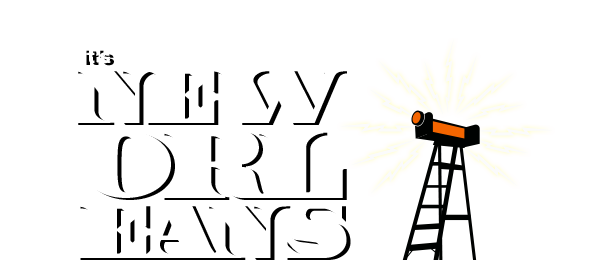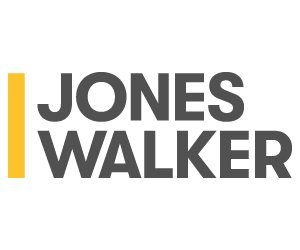If anything good came out of the Covid 19 pandemic it was the advent of remote working. For some people that means they now work from their dining room table, or spend a chunk of their work day at a coffee shop.
Other people have taken the opportunity to move out of expensive big cities to places not known for advancing careers. For example, over the pandemic the beaches around Seaside and Panama City Florida grew by some 14,000 new permanent residents.
And then there’s a population of people who gave an even broader definition to the idea that you can work from anywhere. These folks are known as “digital nomads.”
In our own small business, INO Broadcasting, our web developer lives in Lisbon, Portugal. And our researcher, Maggie Mendel, who started her digital nomad life in 2018, has worked on Out to Lunch while living in 18 countries, including Colombia, Bulgaria, Spain, Turkey, Italy, Slovenia, Portugal, and Montenegro.

Maggie Mendel, a digital nomad she’s lived in 18 countries in the past 6 years and she’s just getting started
Today Maggie is in New Orleans. So, we’re taking advantage of her brief presence back home to learn something about Digital Nomadism.
There are many more employees in the world than employers. So, when we talk about the issue of work, we tend to – probably unconsciously -look at it through an employee lens. However, if you’re an employer you’ve got a distinct set of your own problems. Two constant employer problems are – 1, employing the right person for an open position. And 2, training that person adequately so they do the job successfully, are happy doing it, and stick around.
Companies in the same field are nearly always in competition with each other, so they’re not sharing information about solving these problems. Hiring, training, and retention is, therefore, typically a game of hoping, and finger-crossing.
That’s why David DeCuir’s company is doing so well. David is founder and CEO of iCan Technologies, a software company that creates technology to help employers do better than a human decoding a resume. The software gets at the hard cold facts about the true competency of a person applying for a job.

David DeCuir, his iCan technology software means that the next person to hire you might not actually be a person
iCan also creates software for training employees. And for accurately tracking whether employees are achieving the goals they’re setting out to accomplish.
In 1932 Aldous Huxley published a book called Brave New World. In 1949 George Orwell published a book called 1984. Both these books set a benchmark for years to come in which futurists agreed about the machine-driven lives of alienation and disconnection we were all going to experience in a profit-driven big-brother style autocracy where power seemed to have no accountability and humans had no fun.
Thankfully, only some of this is coming true. We don’t really know where the technology that people like David is creating is going to take us, but so far anyway it seems to be working for us rather than against us.
And none of the futurists in the 20th century predicted a wholly unchained workforce who can provide research from North Macedonia for a radio show and podcast recorded in a brewery in New Orleans and heard around the world for free.
It certainly is a brave new world.

Maggie Mendel, Peter Ricchiuti, producer Grant Morris, engineer Blake Langlinais, David DeCuir, Out to Lunch at NOLA Brewing
Out to Lunch is recorded live over lunch at NOLA Pizza in the NOLA Brewing Taproom. Photos by Jill Lafleur.





